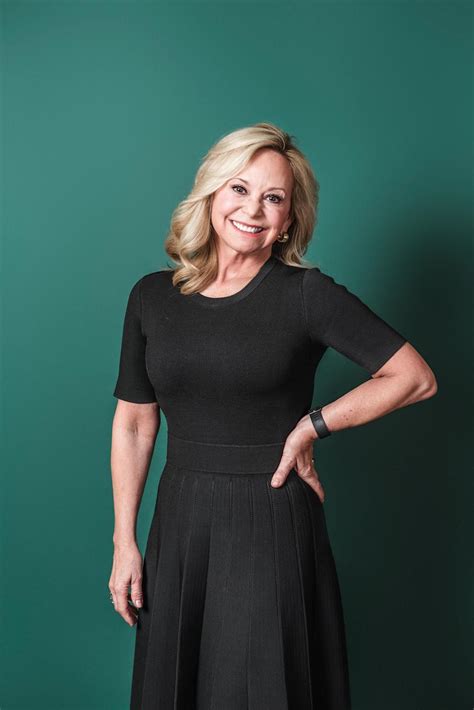A Quote by Rebecca MacKinnon
Over the past several decades, a growing number of investors have been choosing to put their money in funds that screen companies for their environmental and labor records. Some socially responsible investors are starting to add free expression and privacy to their list of criteria.
Related Quotes
To value investors the concept of indexing is at best silly and at worst quite hazardous. Warren Buffett has observed that "in any sort of a contest - financial, mental or physical - it's an enormous advantage to have opponents who have been taught that it's useless to even try." I believe that over time value investors will outperform the market and that choosing to match it is both lazy and shortsighted.
The 1969 experience has been a rude awakening for many hedge-fund investors and has left some of them with strong reservations about the whole concept. For the first time in their relatively short history, the funds are not growing: in fact, some have suffered large withdrawals of capital, and a few have actually folded.
We want to encourage investors to target businesses that focus on achieving more than just profits - by placing their money into businesses that also positively contribute to social or environmental benefits in Ontario. Angel investors can help social enterprises grow and succeed, and through our partnership with the Network of Angel Organizations and the Impact Angel Alliance, we are making it easier for social ventures and angel investors to connect, contribute, and make our society a better place to live.
Millions of mutual-fund investors sleep well at night, serene in the belief that superior outcomes result from pooling funds with like-minded investors and engaging high-quality investment managers to provide professional insight. The conventional wisdom ends up hopelessly unwise, as evidence shows an overwhelming rate of failure by mutual funds to deliver on promises.
We need a federal government commission to study the way our financial services system is working - I believe it is working badly - and we also need more educated investors. There are good long term low-priced mutual funds - my favorite is a total stock market index fund - and bad short term highly priced mutual funds. If investors would get themselves educated, and invest in the former - taking their money out of the latter - we would see some automatic improvements in the system, and see them fairly quickly.
Invest in low-turnover, passively managed index funds... and stay away from profit-driven investment management organizations... The mutual fund industry is a colossal failure... resulting from its systematic exploitation of individual investors... as funds extract enormous sums from investors in exchange for providing a shocking disservice... Excessive management fees take their toll, and manager profits dominate fiduciary responsibility.
Investors do not like losing money. They do not like companies that fail. They do not like entrepreneurs that fail. There is not a culture of celebrating failure in Silicon Valley or anyplace else. That is a myth. Recognize this, and if you start another business, get it to a successful point before approaching outside investors again.
This is the free enterprise system. The only place in the world that I can recall where companies never failed was the old Soviet Union. This is what investors do in free enterprise and capitalism system. [...[ And, yes, free enterprise system can be cruel. But the problem with this administration is that small businesses are the one who had suffered the most, the kind that need investors, the kinds that don't need the hundreds of pages, thousands of pages of regulations that continue to plague them and have them hold back on the hiring investment.































